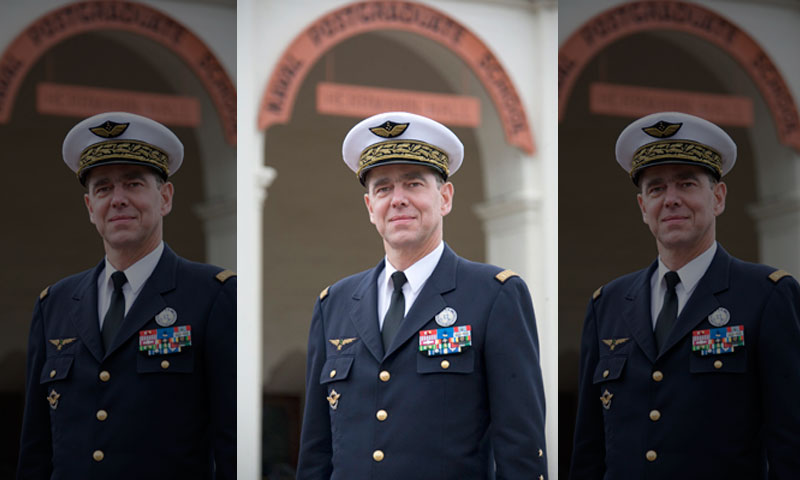As the designated United States Partnership for Peace Training and Education Center (USPTC), the Naval Postgraduate School (NPS) works closely with other Partnership for Peace Training and Education Centers and other related institutions on long-term capacity building programs and opportunities to coordinate on important initiatives. One such initiative, Building Integrity (BI), aims to reduce the risk of corruption in the security sector by promoting accountability and transparency.
In support of that initiative, the North Atlantic Treaty Organization (NATO) coordinated with the USPTC to host the 2011 NATO Building Integrity Conference from Feb. 23-25, held at the Monterey Plaza Hotel.
“The consequences of corruption are the deepening effects of organized crime, and public distrust,” explained Dr. Huguette Labelle, Chair of the Board of Directors for Transparency International. “The BI initiative has been a tremendous success in delivering world class tools to tackle a problem that many have believed in the past to be too difficult or too sensitive to tackle.”
The conference brought together military and civilian leaders from NATO allied and partner nations and the public and private sectors to share ideas and tools for BI.
“The three pillars of the BI Initiative include a self-assessment questionnaire, a compendium of best practices, and a training module,” explained School of International Graduate Studies (SIGS) Professor Francois Melese. “The goal of the NATO BI Conference was to gather experts from across the world to suggest improvements to these three pillars and to explore the opportunity to expand this initiative based on lessons learned.”

French Air Force General Stephane Abrial stands outside Herrmann Hall during his visit to Monterey.
The various panels throughout the week looked at the impact of corruption on development in Afghanistan, and understanding corruption in conflict environments. Many of the speakers and panelists noted the affects of corruption can be crippling to more than just the country of origin—it can weaken military efforts and ally relations.
“Corruption risks weaken member and partner defense institutions, negatively impacting the alliance,” explained Melese. “A necessary condition for NATO’s successful engagement in Afghanistan and other conflict zones is to address the real risk of corruption undermining military gains when it erodes the credibility of alliance efforts with the population.”
The conference fostered collaboration, and really brought to light the importance of supporting partner nations in BI efforts.
“Building integrity is not about NATO giving lessons to everyone else on how to combat corruption,” explained NATO Supreme Allied Commander Transformation, Gen. Stéphane Abrial. “It is about partners coming together on an equal footing to advise concrete ways to enhance transparency and accountability to reduce the risk of corruption in defense establishments.”
NPS Provost Leonard Ferrari noted the opportunities that NPS has had in serving as the USPTC, and in supporting various NATO programs and initiatives. NPS regularly collaborates with institutions in partner countries to help in their path to NATO membership, and that support continues as members and partners come together to promote global peace and stability.
“This is a cooperative endeavor in which everyone stands to learn from best practices and to fill in where there are gaps,” echoed Abrial. “Fighting corruption is a very complex endeavor, which requires a wide array of tools and different perspectives. Building Integrity brings just that to the table, once again, in a true partnership setting. It does so in an even more phenomenal way than by just bringing together NATO members and partner nations. The BI initiative has integrated a wide array of organizations, prominent among which are our co-hosts today, the Naval Postgraduate School and Transparency International… We are stronger when we are cooperative.”

